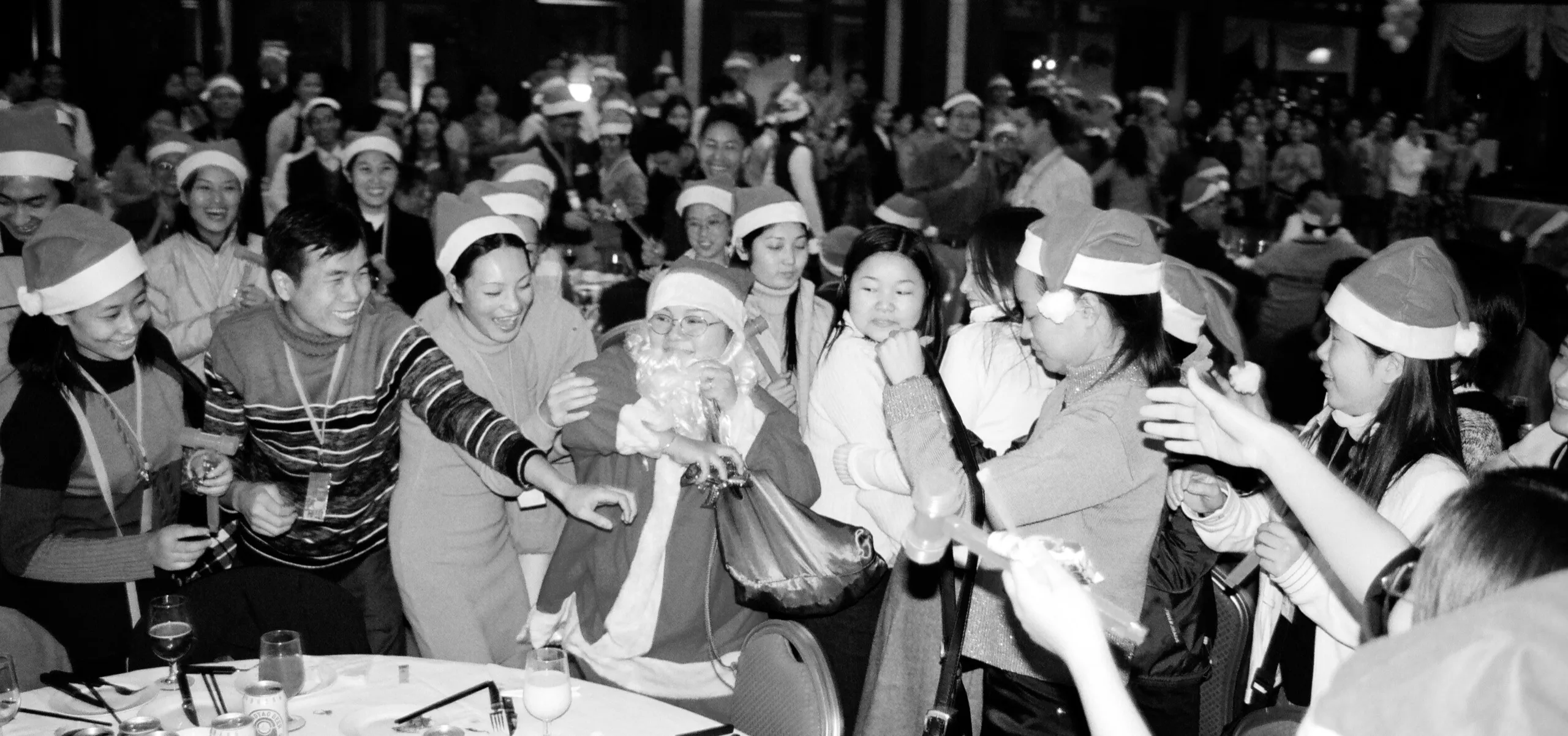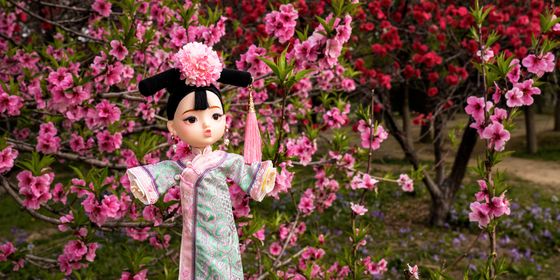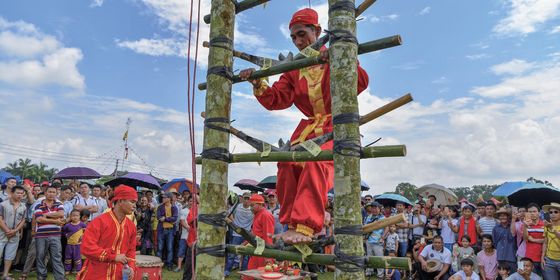From Christians in the Tang dynasty to all-night parties in early 1900s Shanghai, the Western holiday has a longer history in China than most people think
Many things have been called Chinese inventions—some (like soccer and golf) less plausibly than others—but...Christmas? An essay by poet Li Bai (李白), who lived in the eighth century, mentions a celebration called 圣诞之节 (Shèngdàn zhī jié), a term that sounds suspiciously similar to the modern Chinese word for Christmas, 圣诞节 (Shèngdànjié).
The truth is, “Christmas” is about as Chinese as the city of Shangri-la in Yunnan really is a mythical lost kingdom: that is, in name only. The Christian holiday wasn’t widely known as Shengdanjie until the 1920s, with shengdan (圣诞) a generic term meaning “birth of a saint.”
Historically, shengdan could be celebrated as the birthdays of Chinese emperors (which was what Li Bai was referring to), various gods (as in Daoist deity’s birthday ceremony described in the classic novel Dream of the Red Chamber), and Confucius, who is the “saint” whose birth is being referred to in writer Lu Xun’s (鲁迅) essay “Shengdan Well-Wishes in Hong Kong (《述香港恭祝圣诞》)” in the late 1920s.
Yet despite this, Christmas has a longer history in China than one might think: While Li Bai’s Shengdanjie was not celebrated on December 25, it was during his era, a cosmopolitan period of the Tang dynasty (618 – 907), that celebrations of Christ’s birth were first recorded in China on the Nestorian Stele, a large stone monument unearthed in 1623 in the former capital of the Tang, Chang’an (today’s Xi’an).
The Syrian missionary Alopen brought the Nestorian sect of Christianity into China in 635 and established a church in Chang’an, and the community later expanded into other cities. The Stele, which was erected in 781 during the reign of Emperor Daizong, states that Daizong would give special gifts to the church on “incarnation day,” or Christmas: “Always, on the incarnation day, he bestowed celestial incense, and ordered the performance of a service of merit; he distributed of the imperial viands, in order to shed glory on the Illustrious Congregation.”













